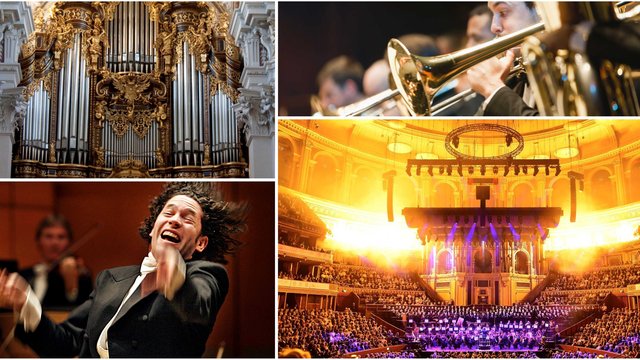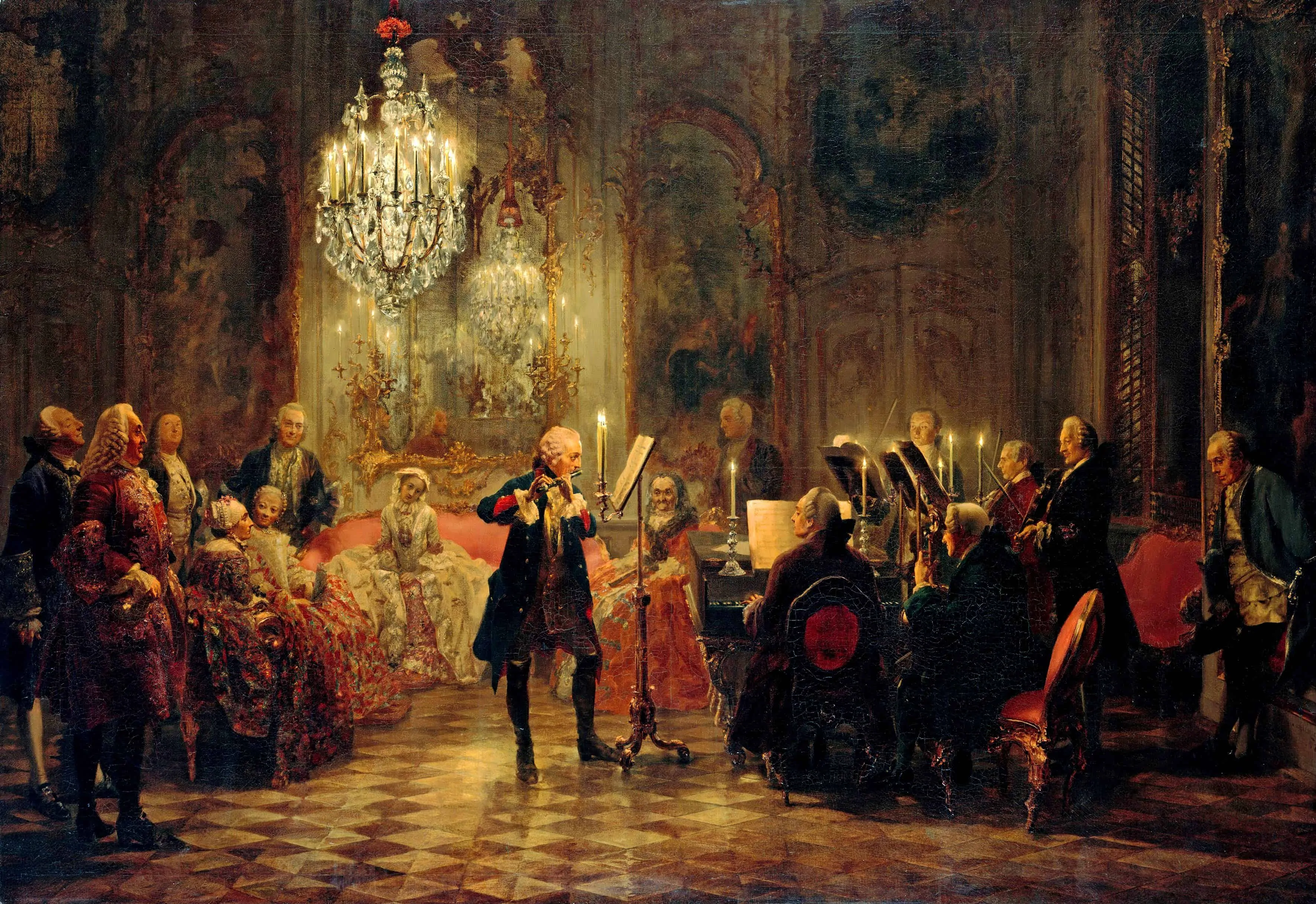That's the single most important statement in this thread so far. I fully concur with it.Once you get used to going to concerts, then you figure out what level is realistic.
The importance of that statement couldn't be stressed enough.
When one is accustomed to classical music listened to a concert venue, setting the level at home on the hifi become a second nature.
Some chamber music listened from the first row in a lively venue could sound louder than a full orchestra listened from somewhere in the 2nd half of a large concert hall.
Nothing can replace the experience of the real thing as fas as the matter of setting loudness is concerned.



